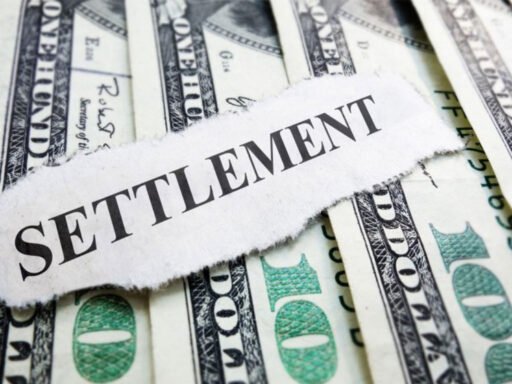Based on a report from the National Highway Traffic Safety Administration, over 2.5 million passengers are injured in car accidents annually in the United States.
Car accidents often leave people facing serious injuries and complex legal decisions. Determining who is liable for these injuries is crucial for seeking justice and obtaining fair compensation. Depending on the circumstances of the accident, various parties may bear responsibility.
When calculating car accident compensation, identifying the liable parties is a critical step. This article explores the potential defendants a passenger can sue after a car accident.
The Driver of the Car They Were In
One of the primary parties a passenger can sue is the driver of the car they were in at the time of the accident.
If the driver’s negligence or reckless behavior caused the accident, they can be held accountable for the passenger’s injuries. This entails situations where the driver was speeding, distracted, intoxicated with alcohol or drugs, or otherwise violating traffic laws.
According to the NHTSA, driver error accounts for 94% of all car accidents, making this a common scenario for legal action.
Passengers have the right to seek compensation or settlement for medical expenses, lost wages, pain and suffering, and other damages resulting from the driver’s negligence.
The Driver of the Other Vehicle(s) that was Involved
Passengers can also sue the driver of another vehicle involved in the accident if that driver’s actions contributed to or caused the collision. Liability can be established if the other driver was engaging in dangerous behaviors like running a red light, not yielding, or driving under the influence.
In accidents that involve many vehicles, more than one driver can share responsibility. A thorough investigation can help determine the degree of fault for each party.
Vehicle Manufacturers

In some cases, a car accident may result from a defect in one of the vehicles involved.
In cases involving a manufacturing defect, such as faulty brakes, airbags, or tires, the vehicle manufacturer is held liable. Product liability claims require proving that the defect existed and directly led to the accident and subsequent injuries.
The data analysis from the National Highway Traffic Safety Administration indicates that in 2020, over 31 million vehicles were recalled due to safety defects.
Passengers injured in accidents caused by such defects have the right to pursue compensation from the manufacturers responsible for producing and selling the faulty vehicles or parts.
Government Entities
Road conditions and traffic control devices can also play a role in causing car accidents. If poor road maintenance, faulty traffic signals, or unclear signage contributed to the accident, government entities responsible for repairing the roads could be held liable. This includes
- Local municipalities
- State governments
- Other public agencies
Suing a government entity often involves specific procedures and shorter deadlines, known as The Federal Tort Claims Act (FTCA) or sovereign immunity laws, which vary by jurisdiction.
According to the Federal Highway Administration, poor road conditions contribute to approximately one-third of all traffic fatalities in the United States, highlighting the potential for government liability in such cases.
Employers of Commercial Drivers
If a commercial driver, such as a truck or bus driver, is responsible for the accident, the driver’s employer can also be held liable. Employers are mandated to train their drivers properly, be licensed, and follow safety regulations. If an employer fails to uphold these responsibilities, they can be held liable for accidents that result from the mistakes of their employees.
Conclusion
Determining who is liable in a car accident can be difficult. But it is crucial for securing fair compensation. Calculating car accident compensation involves identifying the responsible parties and understanding the extent of their liability.
Passengers have the right to seek justice and financial recovery from the driver of the car they were in, the driver of the other vehicle(s), vehicle manufacturers, government entities, and employers of commercial drivers.
By addressing these potential defendants, injured passengers can navigate the legal landscape more effectively and ensure that all responsible parties are held accountable.





